Best Web3 Cryptocurrencies in 2023
Cryptocurrencies are an essential component of Web3. They are digital assets secured by cryptography and serve as the backbone of the decentralized economy. Cryptocurrencies enable users to transact and interact with each other on the Web3 network.

Web3, also known as the decentralized web, is the next generation of the internet. It is a decentralized network that utilizes blockchain technology to create a peer-to-peer network that enables users to interact with each other without the need for intermediaries. In contrast to Web2, where internet users rely on centralized platforms for their activities, Web3 provides a decentralized, more secure, and transparent internet user experience.
Cryptocurrencies are an essential component of Web3. They are digital assets secured by cryptography and serve as the backbone of the decentralized economy. Cryptocurrencies enable users to transact and interact with each other on the Web3 network. They also enable the creation of decentralized autonomous organizations (DAOs) and smart contracts that can run autonomously without the need for intermediaries. These crypto coins can also be used in play-to-earn crypto games.
Let's examine the top Web 3.0 cryptocurrencies that are expected to provide the best value, security, and returns to investors and users alike.
Decentralized Autonomous Organizations (DAOs)
A Decentralized Autonomous Organization (DAO) is a type of organization that is run through rules encoded as computer programs called smart contracts. These organizations operate on a decentralized network, meaning they are not controlled by any central authority. Instead, they are run by a group of stakeholders who hold tokens representing ownership and voting rights within the organization.
DAOs are an essential component of the Web3 ecosystem because they enable the creation of decentralized, community-driven organizations that can operate autonomously. These organizations are highly secure, transparent, and can operate without the need for intermediaries.
DAOs are ideal for various applications, from governance and decision-making to fundraising and investment. They have already been used for a range of applications, including community-led investment funds, decentralized marketplaces, and even as the basis for entire communities.
Several Web3 cryptocurrencies are ideal for use with DAOs. Some of the best options include:
Ethereum (ETH)
Ethereum is the most popular blockchain platform for building decentralized applications and smart contracts. It is highly customizable and offers the power and a range of tools and frameworks for building DAOs.
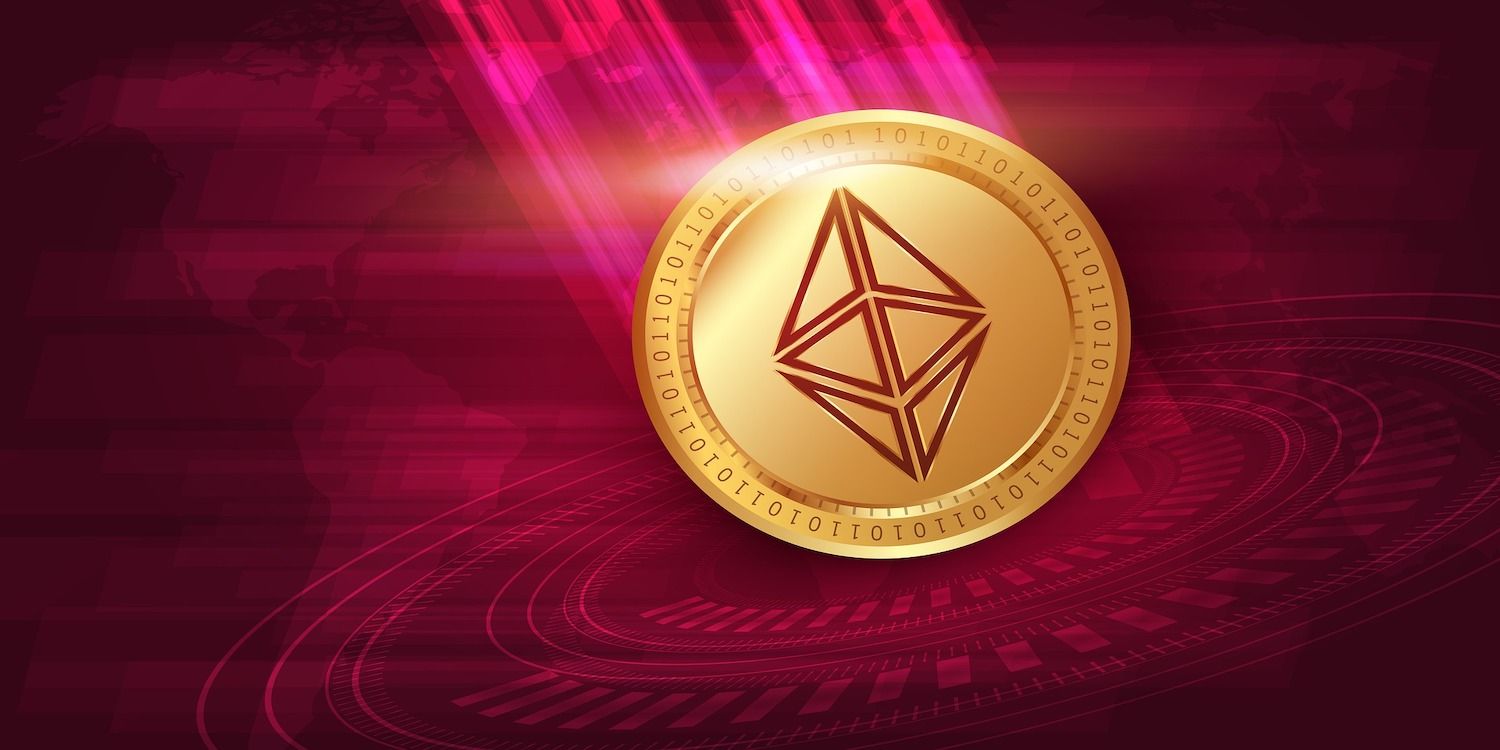
Copywright ©: Ethereum
Polkadot (DOT)
Polkadot is a highly scalable blockchain platform that enables the interoperability of different blockchains. It is ideal for companies building DAOs that require interaction with multiple networks.
Aave (AAVE)
Aave is a decentralized finance (DeFi) platform that allows users to lend, borrow and earn interest on crypto assets. It is an ideal platform for building DAOs focused on DeFi applications.
Uniswap (UNI)
Uniswap is a decentralized exchange that enables users to swap crypto assets without the need for intermediaries. It is an ideal platform for building DAOs focused on decentralized trading.
MakerDAO (MKR)
MakerDAO is a decentralized lending platform enabling users to borrow crypto assets. It is an ideal platform for building DAOs focused on lending and borrowing applications.
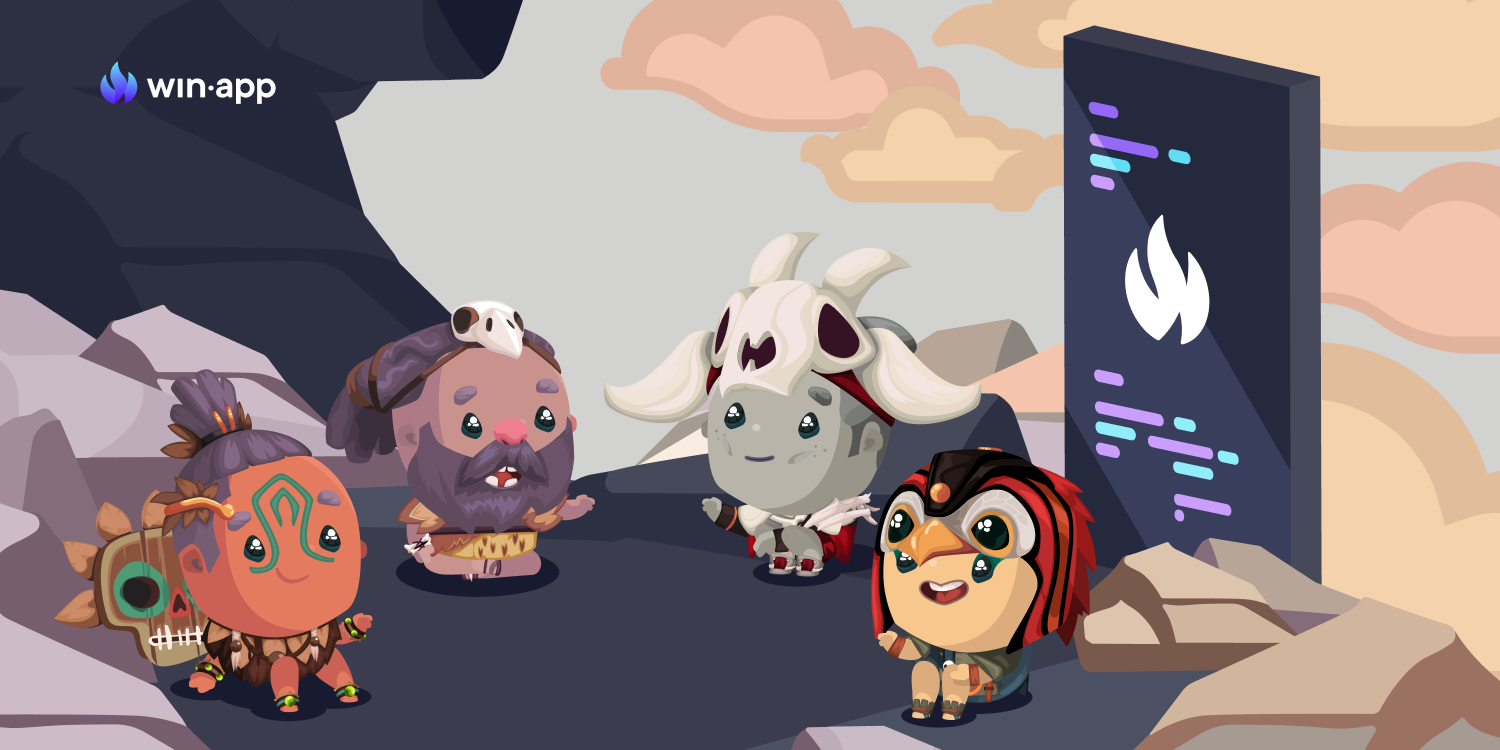
Decentralized network
A decentralized network is a system of interconnected nodes or computers that operate independently without relying on a central authority for control. Instead, the network is maintained and operated by a group of nodes that work together to validate transactions, provide security, and ensure the network's integrity.
Decentralized networks are essential to the functioning of Web3. They provide a secure, transparent, and decentralized platform for users to interact with each other without the need for intermediaries. They also allow for increased scalability, privacy, and censorship resistance, which are crucial features in a decentralized ecosystem.
Some of the best cryptocurrencies for these networks include Ethereum (ETH), Polkadot (DOT), and Solana (SOL). Ethereum is the second-largest cryptocurrency by market cap and is known for its smart contract capabilities, which make it an ideal choice for building decentralized applications. Polkadot is a newer blockchain platform that offers interoperability between different blockchain networks, allowing for seamless communication and interaction. Solana is a fast and highly scalable blockchain platform that offers low transaction fees and fast processing times, making it an excellent choice for decentralized applications that require high throughput computing power.
Other notable cryptocurrencies include Cosmos (ATOM), Avalanche (AVAX), and Near Protocol (NEAR). These cryptocurrencies offer unique features that make them well-suited for various use cases within decentralized networks.
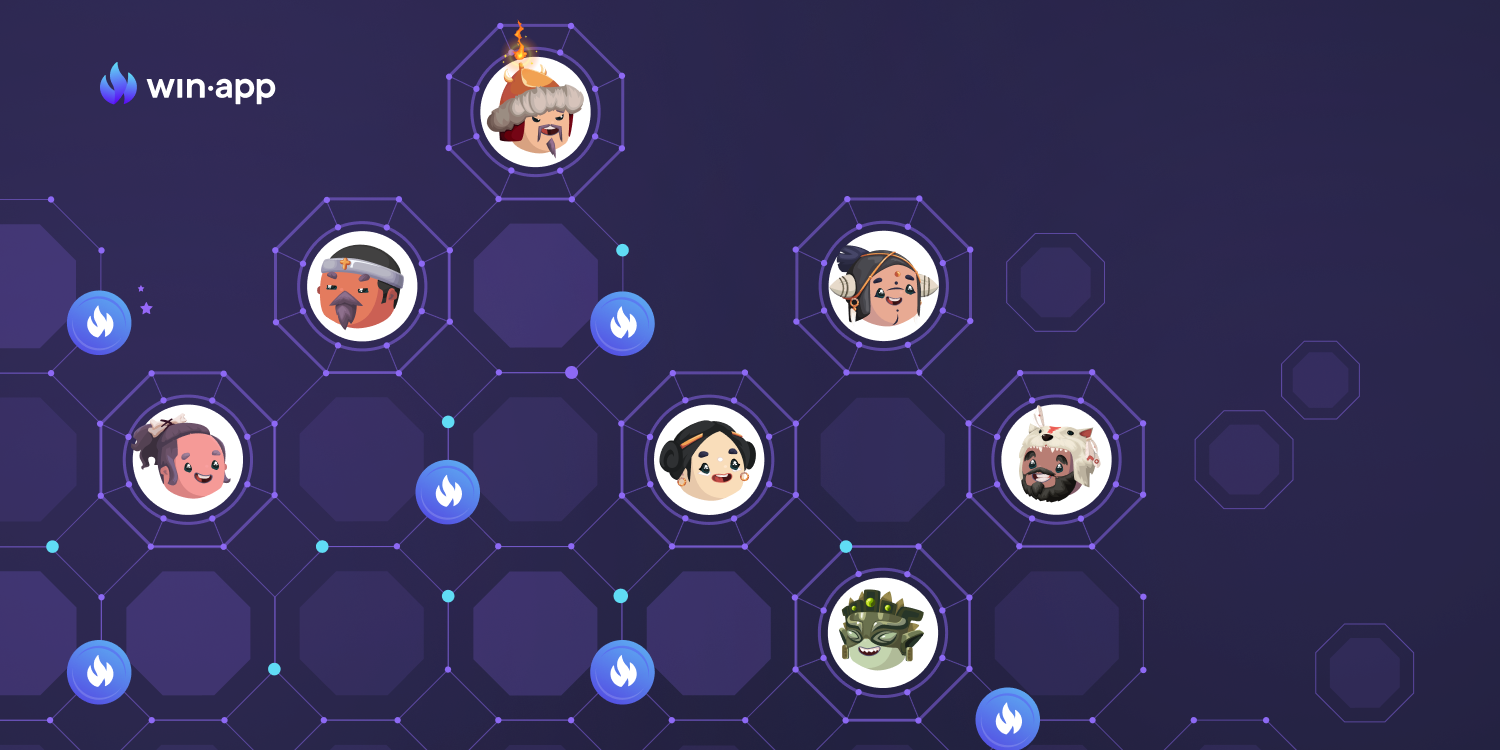
Decentralized storage network
This kind of storage network is a distributed storage system where data is stored on multiple nodes rather than in a central location. The nodes are connected through a peer-to-peer network, which enables the storage of data in a secure and reliable way. It provides several advantages over centralized storage systems, including increased security, improved data accessibility everywhere, and lower costs.
In Web 3.0, data is becoming increasingly valuable, and the future need for secure and accessible storage solutions is critical. These networks allow for data to be stored in a way that is resistant to censorship and provides equal access to all users.
Some of the best Web 3.o cryptocurrencies for decentralized storage networks include:
Filecoin (FIL)
Filecoin is a storage network that allows users to buy and sell storage space. It uses a proof-of-replication and proof-of-spacetime consensus mechanism to ensure that data is stored securely and reliably.
Siacoin (SC)
Siacoin is a network that allows users to create content and to rent out their unused storage space. It uses a proof-of-work consensus mechanism to ensure that data is stored securely.
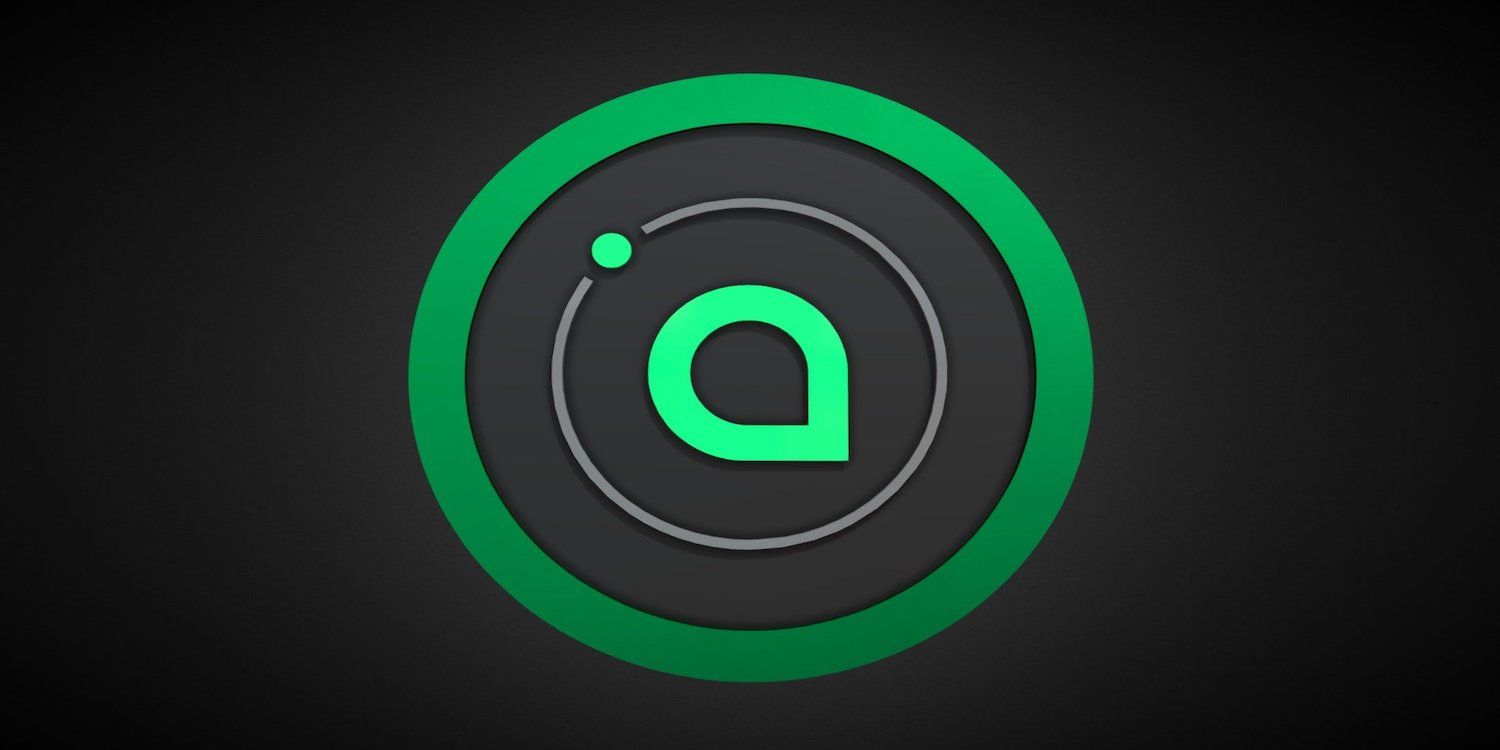
Copywright ©: Siacoin
Storj (STORJ)
Storj is a network that allows users to rent out their unused storage space. It uses a proof-of-replication consensus mechanism.
Arweave (AR)
Arweave is a storage network that uses a blockweave consensus mechanism to ensure that data is stored securely and reliably. It also provides permanent storage for data, making it an ideal solution for archiving important information.
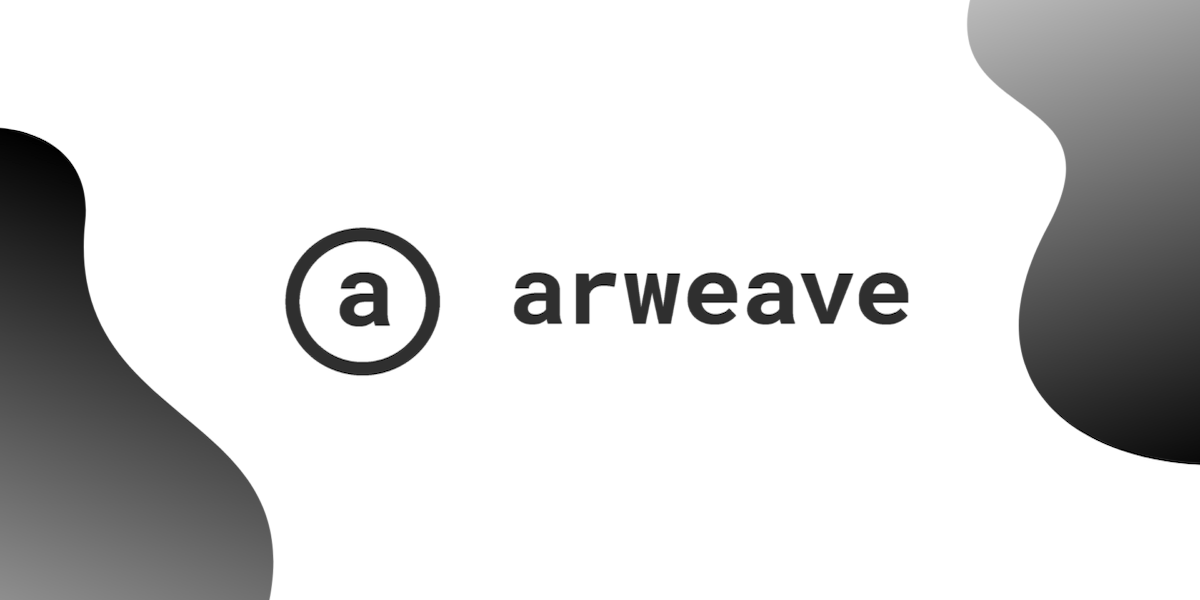
Copywright ©: Arweave
Swarm (SWM)
Swarm is a decentralized storage network that uses a peer-to-peer network to store and distribute data. It also allows for the creation of decentralized applications on top of the network and infrastructure.

Graph protocol
The Graph Protocol is a decentralized network that allows developers to build and publish open APIs, also known as subgraphs, and protocols which enable users to access blockchain data more efficiently and scalable way. The protocol uses a decentralized indexing and querying system, allowing fast and secure data access on the blockchain.
The protocol has become integral to DeFi and non-fungible token (NFT) technology ecosystems. By enabling developers to access blockchain data, The Graph Protocol has significantly reduced the time and cost of building decentralized applications.
The native cryptocurrency of The Graph Protocol is the GRT token. It is used to pay for indexing and querying services on the network. Other cryptocurrencies that can be used with The Graph Protocol include Ethereum (ETH) and other ERC-20 tokens, as the protocol is built on top of the Ethereum blockchain.
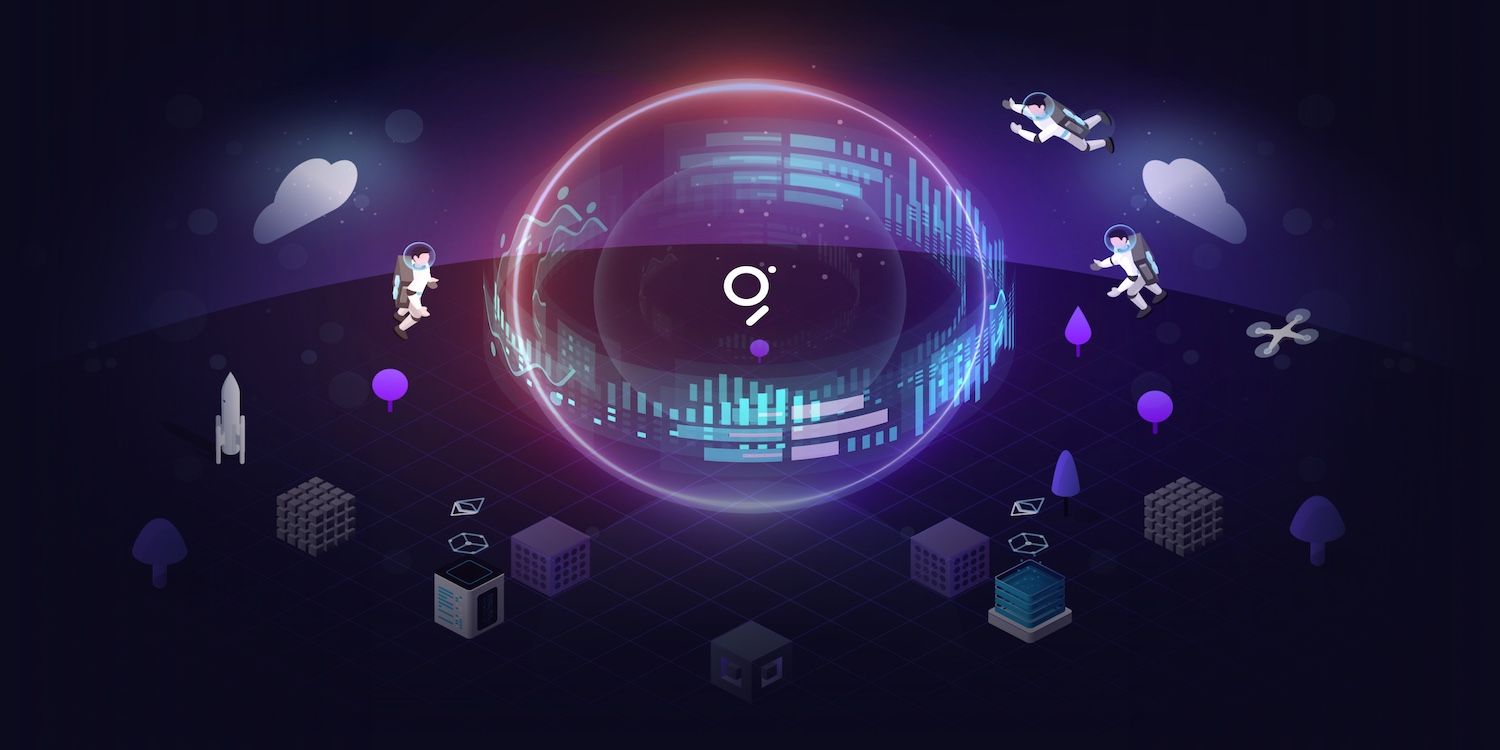
Copywright©: Graph network
Data accessibility
Data accessibility is crucial for the success of Web3 as it enables data consumers to access data and create value without being limited by centralized control. Web3 can improve data accessibility, enabling more innovative solutions and services to be created while also ensuring that users have equal access to the benefits of the decentralized internet. Some Web 3.0 coins are:
Ocean Protocol (OCEAN)
Ocean Protocol is a decentralized data exchange protocol that enables data providers to monetize their data and data consumers to access and use the data. The protocol is built on top of Ethereum and uses smart contracts to facilitate data sharing and access.

Copywright©: Ocean Protocol
IPFS (InterPlanetary File System)
IPFS is a decentralized protocol that allows users to store and share files on a peer-to-peer network. The protocol is designed to improve data accessibility by providing a more efficient and secure way to store and access data.
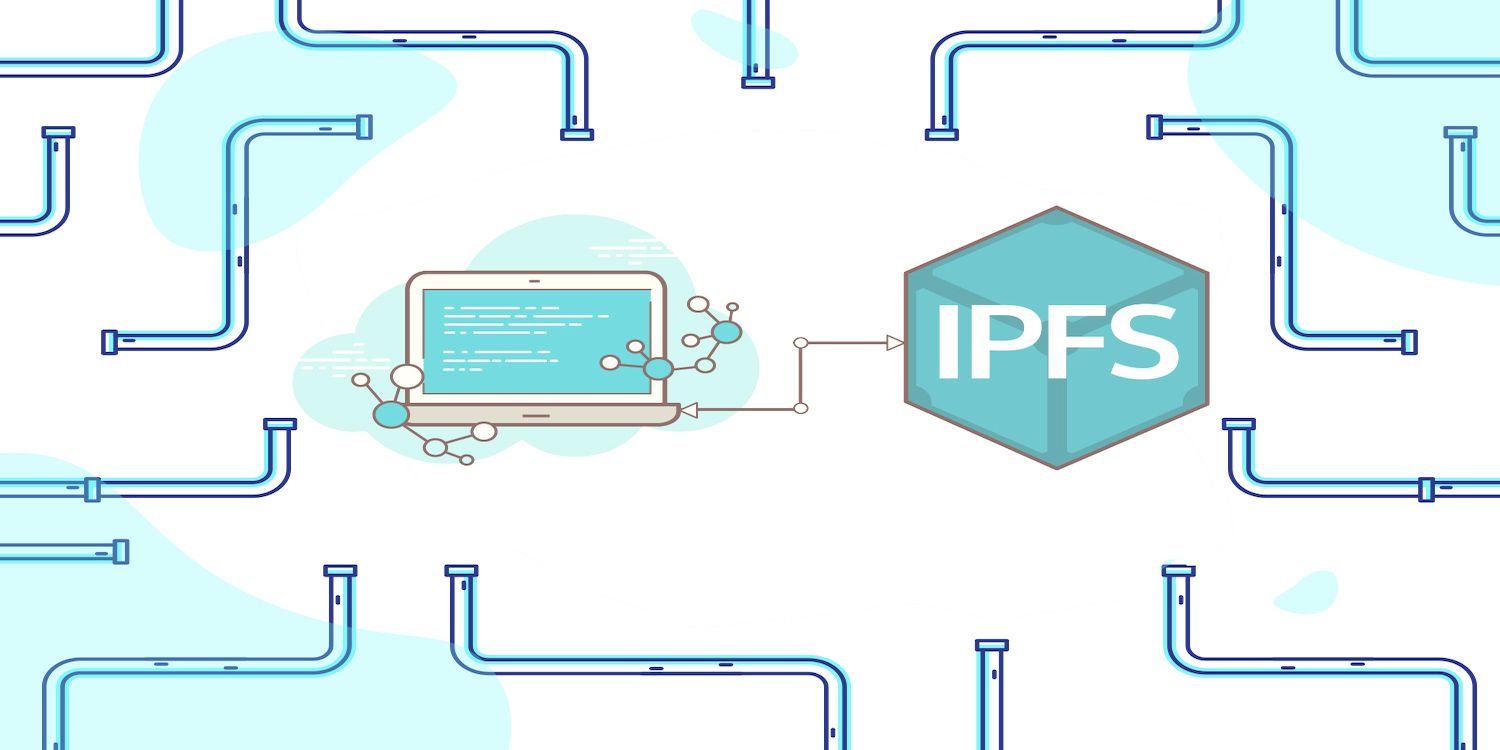
Copywright©: IFPS
DeFi protocols
DeFi protocols are a new financial system that utilizes blockchain technology to create an open, transparent, decentralized financial infrastructure. DeFi protocols aim to eliminate intermediaries, such as banks, and enable peer-to-peer transactions on a global scale. These protocols allow users to borrow, lend, trade, and stake cryptocurrencies without relying on centralized authorities. Many platforms and payment processors are revolutionized by DeFi and some of the best crypto coins used in this area are Ethereum (ETH), Uniswap (UNI), Compound (COMP), Chainlink (LINK), SushiSwap (SUSHI), and others.

Frequently Asked Questions
What are cryptocurrencies in Web 3.0?
Cryptocurrencies are digital assets that operate on a decentralized network and can be used to facilitate transactions, store value, and provide access to various services within the Web 3.0 ecosystem.
What is the importance of DAOs in Web3?
DAOs are important in Web3 as they provide a new way for individuals to participate in decentralized governance and decision-making. They offer greater transparency, security, and control over resources, leading to more efficient and effective organizations.
Why are DeFi protocols necessary in Web3?
DeFi protocols are essential in Web3 as they provide a more open and accessible financial system that traditional financial intermediaries do not control.
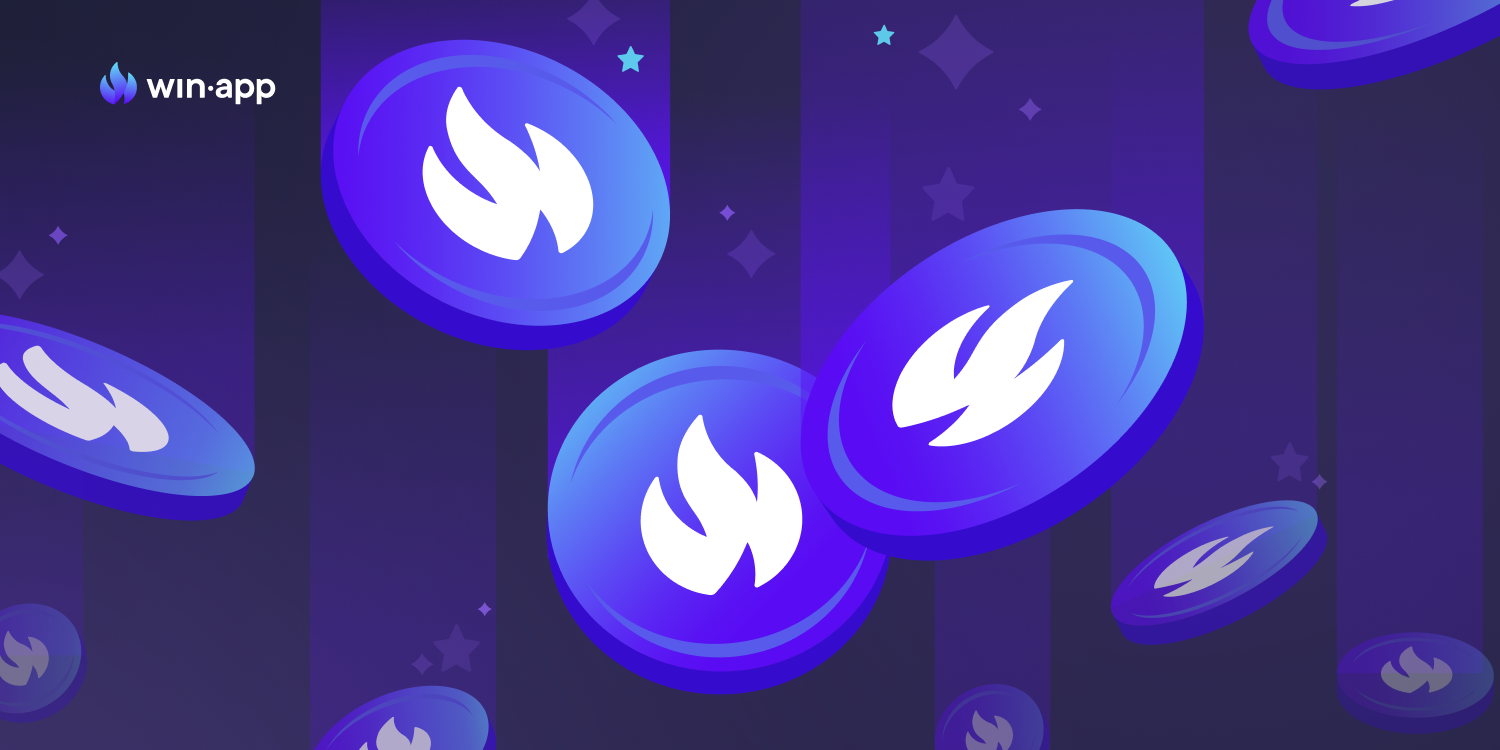
In conclusion, the Web 3.0 space is rapidly growing, and cryptocurrencies play an integral role in its development.
Some of the best Web3 cryptocurrencies to invest in 2023 include Ethereum, Polkadot, Chainlink, and Arweave, among others. These cryptocurrencies have strong use cases and are expected to provide lucrative returns to investors.
Overall, the future of cryptocurrencies in Web3 is bright, and we can expect to see continued growth in the space. As more people embrace the decentralized nature of Web3, we can anticipate that cryptocurrencies will continue to play an essential role in providing equal access to data, services, and value. Therefore, investors should keep an eye on the latest developments in the Web3 space and the potential of cryptocurrencies in powering the next generation of the Web.
Let’s stay in touch:
? Twitter: https://twitter.com/winplatform
? Discord: https://discord.gg/pUJWEEKTpr
? Telegram: https://t.me/winplatform
